Have you ever walked out of a film thinking, "It was nothing like the book?" There's a reason for this conclusion, and it isn't necessarily bad script writing.
When Pulitzer Prize winning novelist Jeffrey Eugenides talks about adapting a novel into film, he makes a good point. The book's story radically changes once it becomes visual.
"It's no longer a book, and to try to insist on it being a book will usually make it a poorer film." - Jeffrey Eugenides
 |
| Warm Bodies |
Mitchell says where the novel is like a DVD box set, the film, costing over $100,000 per minute to shoot, puts the human eyeball in danger of exploding after the first 180 minutes. The film's plot must be delivered at the speed of light, or something close to it, compared with the novel.
If we are in love with the book and sitting in the theater, lights going down, it can help to remember that adapting to film means transposing from one medium to another, a process that involves rethinking the entire story.
First, it moves from telling to showing. That means description, narration and internal thoughts must be translated into speech, actions, sounds and visual images. Backstory, slipped in throughout a novel, isn't going to play out visually, unless a flashback is used. There are ways to portray nostalgia and history in film, but they are very different from getting the same message across in text.
 |
| Cloud Atlas |
Cast of characters can be an issue as well. Though HBO's Game of Thrones is managing to tell the ensemble stories, scope and scale of George RR Martin's novels, as Peter Jackson did with LOTR, it's easier to fit a multitude of characters into a book than a film. Even with a longer movie, or television series, there isn't the time or space to explore a large number of characters. There's only so much the viewer can keep track of in the period of time.
Not only will the screen writer and director, time and space have a strong influence on the adaptation, the score composer will as well. The mood the music creates controls the interpretation of any scene in ways that the novel does not. If you doubt this, watch the same scene from Pirates of the Caribbean with four different sound tracks.
In the end, you may fully enjoy a book more than the film, or vice versa, but it's fun, and revealing, to consider why.
Do you have a favourite adaptation? We'd love to hear about it in the comments.
Kim Falconer's latest release is out now - The Blood in the Beginning - and Ava Sykes Novel. Find this novel in a store near you.
You can also learn more about Kim at AvaSykes.com, the 11th House Blog, and on FaceBook and Twitter.
She posts here at the Supernatural Underground on the 16th of every month and runs Save the Day Writer's Community on Facebook. Check out her daily Astro-LOA Flash horoscopes on Facebook.



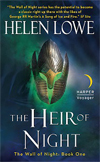
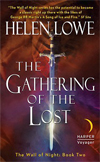
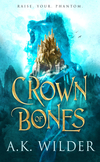
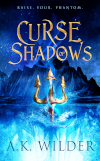
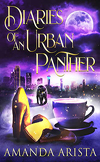
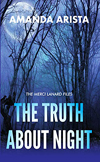

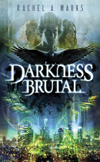
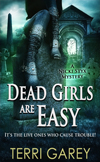
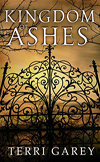
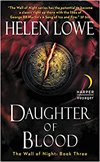
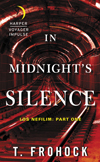
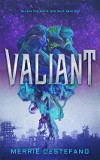
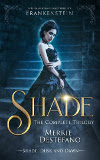

No comments:
Post a Comment